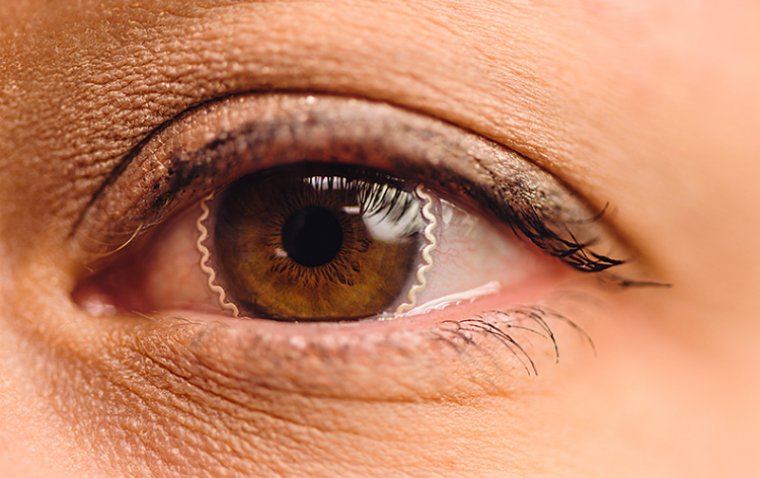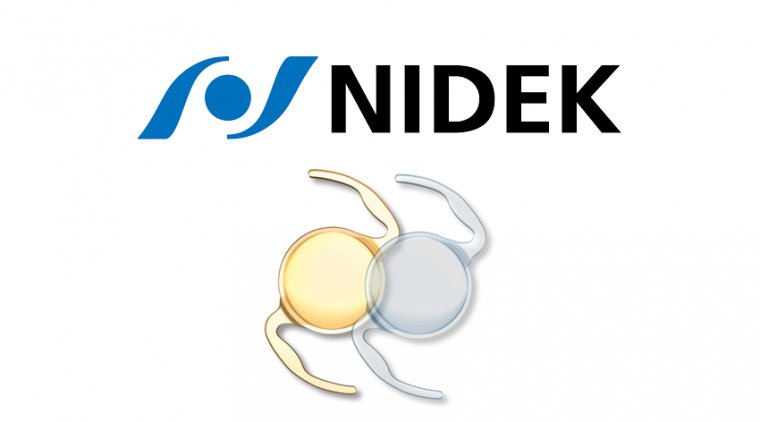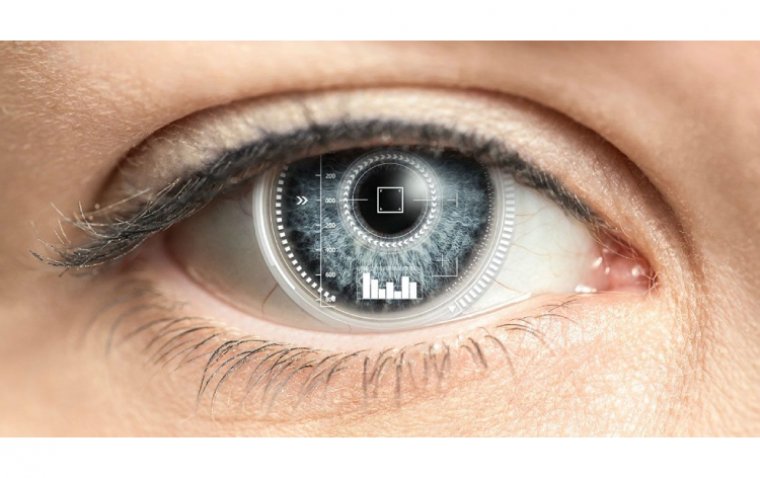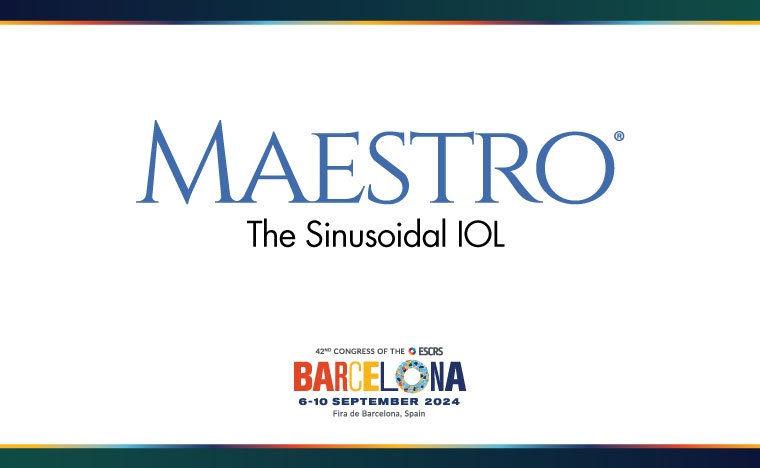
Purdue Engineering Team to Develop Smart Contacts with $6.7M NIH Grant
Research teams at Purdue University’s College of Engineering have been awarded two grants from the National Eye Institute, totaling an impressive $6.7 million. These funds are earmarked for the development of specialized smart soft contact lenses designed for the continuous monitoring and treatment of chronic ocular diseases, including glaucoma, corneal neovascularization, and dry eye syndrome.
The Vision Behind the Innovation
The innovative project is led by Chi Hwan Lee, the Leslie A. Geddes Associate Professor of Biomedical Engineering at Purdue’s Weldon School of Biomedical Engineering. Lee, who also holds joint and courtesy appointments in the Schools of Mechanical and Materials Engineering, respectively, leads the development of these patent-pending lenses. These lenses are uniquely designed to either painlessly deliver therapeutic drugs or accurately measure intraocular pressure (IOP).
Lee's research team includes notable Purdue and Indiana University faculty members, as well as a former Purdue postdoctoral student now with Apple, and a graduate student from the School of Materials Engineering. Their interdisciplinary expertise spans biomedical engineering, materials science, and clinical application, ensuring a comprehensive approach to the project.
The Innovation: Smart Soft Contact Lenses
Lee's specialty in StickTronics - sticker-like items embedded with smart technology - plays a key role in the development of these contact lenses. Unlike traditional wearable tonometers that may cause discomfort due to increased thickness and stiffness, Lee's smart soft contact lenses maintain the comfort and functionality of commercial soft contact lenses while offering continuous IOP monitoring and potential treatment capabilities.
Catalyzing Further Development and Clinical Trials
The substantial NEI grants will facilitate the refinement of the smart soft contact lenses and support clinical trials in collaboration with Purdue’s College of Veterinary Medicine, the IU School of Optometry, and Michigan Medicine. These trials aim to evaluate the lenses’ biosafety, usability, functionality, therapeutic effectiveness, and durability. Lee's vision extends to introducing a closed-loop system for these lenses, enabling simultaneous monitoring and drug delivery for various chronic ocular diseases.
Towards Commercialization
The innovation has been disclosed to the Purdue Innovates Office of Technology Commercialization, with a patent application submitted to the U.S. Patent and Trademark Office. This step is crucial for protecting the intellectual property and advancing towards the commercialization of the smart soft contact lenses, promising a transformative approach to ocular disease care.
*Stay in the loop and make sure not to miss real-time breaking news about ophthalmology. Join our community by subscribing to OBN newsletter now, and get weekly updates.
(1).jpg)










